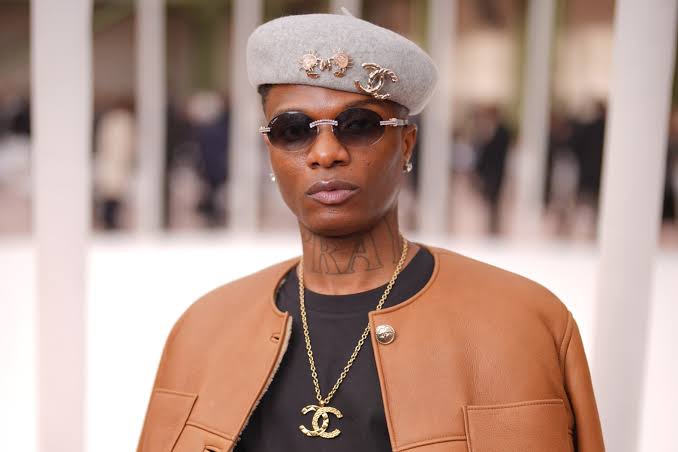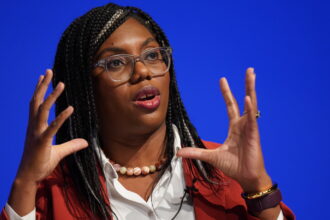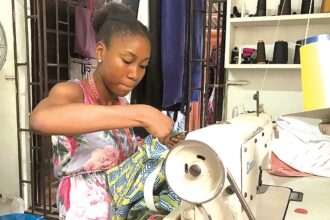Behind the glamour of Afrobeats’ global domination lies an often-overlooked truth. It’s that the church has been one of the most consistent breeding grounds for Nigerian talent. Long before streaming platforms and record deals, many of today’s Afrobeats stars cut their teeth in church choirs by learning harmony, stage confidence, and discipline.
From megastars like Wizkid and Simi to producers like Don Jazzy and Pheelz, the list is long and telling. This foundation, rooted in faith communities, has quietly prepared generations of artistes for the world stage.
Why the Church Matters
For many Nigerian households, the church isn’t only a place of worship, it’s the first stage, the first music school, and the first studio. Choir practice teaches discipline, voice control, and teamwork. Access to instruments exposes children to arrangement and production. Weekly services offer a built-in audience that sharpens performance skills.
This “unofficial conservatory” explains why so many Afrobeats stars trace their musical DNA to church choirs.
Artistes Who Started in Church
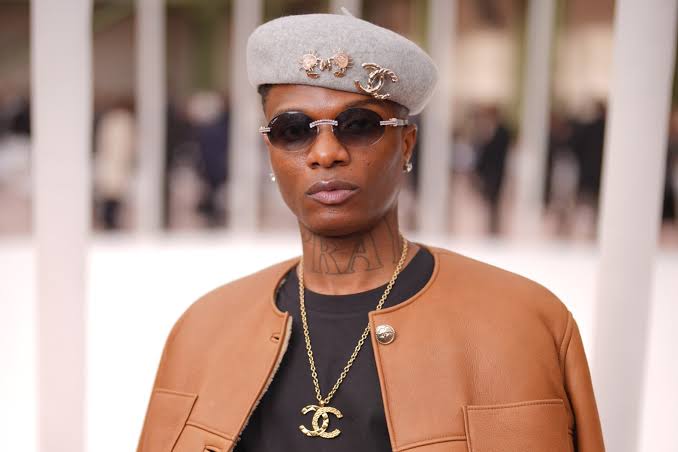
Ayodeji Ibrahim Balogun, popularly known as Wizkid, began singing in a Surulere church choir at around age 11. That early exposure taught him vocal discipline and performance, long before he met producer OJB Jezreel, who guided his transition into professional studios. Today, Wizkid is one of Afrobeats’ biggest global exports, with Grammy wins and sold-out arenas from London to New York.
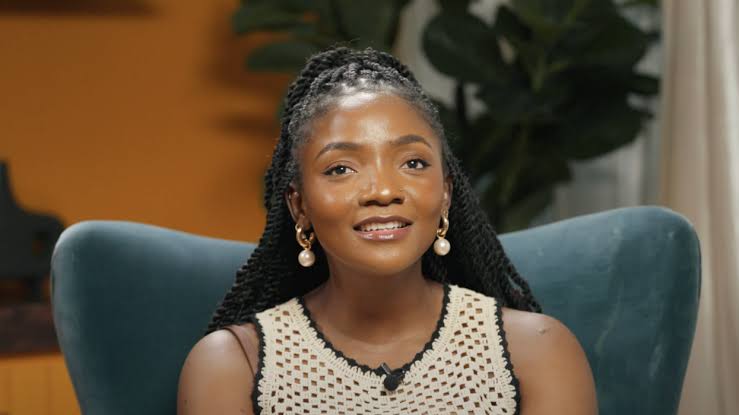
Simisola Bolatito Kosoko, better known as Simi, also started in church, where she joined the choir as a child and even wrote her first song at age 10. Her earliest work was gospel, including her debut album Ogaju in 2008, before she made a successful crossover to Afropop with hits like Jamb Question and Duduke.
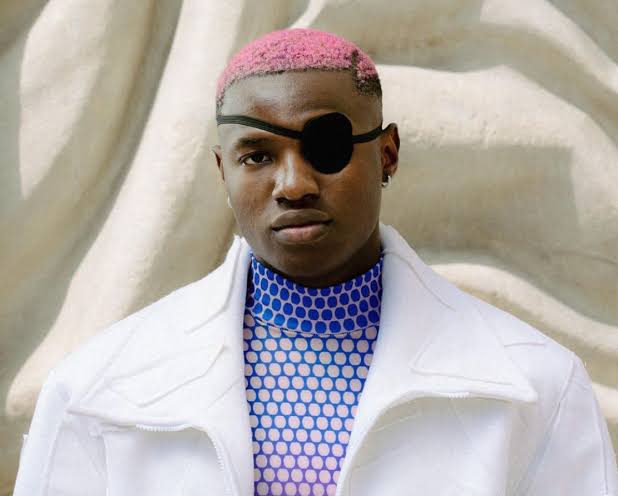
Michael Adebayo Olayinka, famously called Ruger, discovered his voice in his church choir, which trained him in harmony and vocal control. In 2021, he made his professional debut under Jonzing World, dropping Bounce and Asiwajurecords that cemented his rise as one of the fastest-growing Afrobeats stars of his generation.
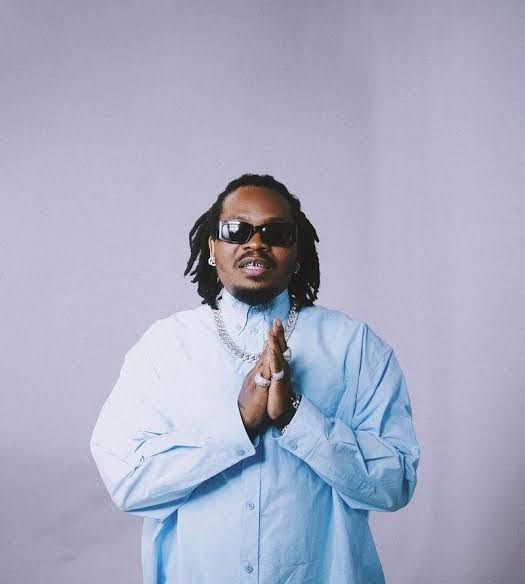
Philip Kayode Moses, known as Pheelz, was inspired by a church choir performance when he was just five years old. That moment pushed him into learning instruments and performing regularly in church. Years later, he emerged as one of Nigeria’s most influential producers with YBNL, shaping hits for Olamide and Fireboy DML before stepping forward as a singer himself with Finesse in 2022.
Olamide Gbenga Adedeji, better known as Olamide or Badoo, grew up in Bariga surrounded by church choirs. He has often credited this environment with shaping his love for rhythm and music. From those humble beginnings, Olamide built YBNL into one of Africa’s most powerful music labels, mentoring stars like Fireboy, Adekunle Gold, and Asake, while also dominating the charts with his own catalogue.
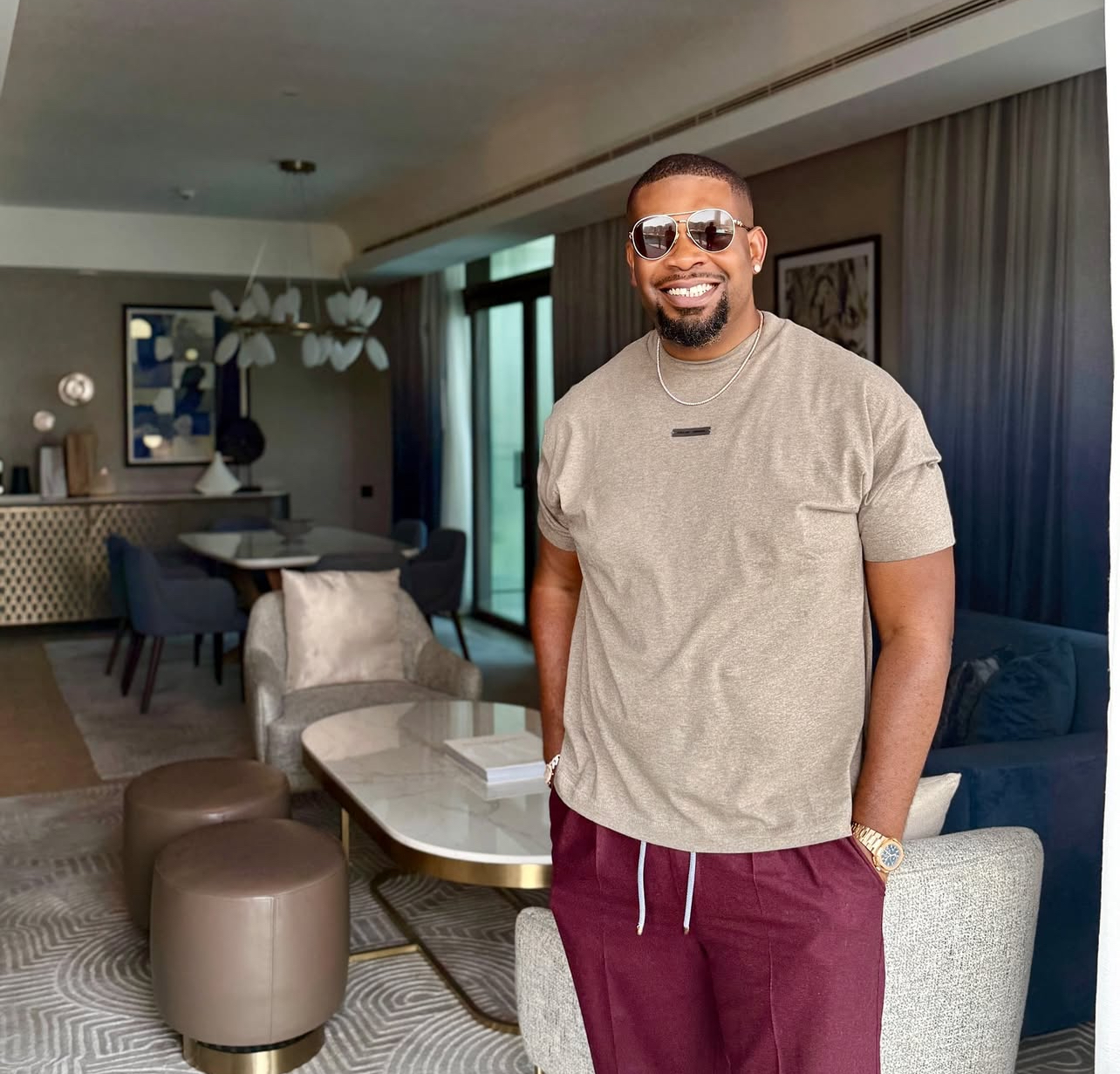
Michael Collins Ajereh, known globally as Don Jazzy, first discovered music through church, where he learned to play multiple instruments. With little access to equipment elsewhere, the church provided him with his earliest training ground. That foundation later fueled his career as a producer and label boss, co-founding Mo’Hits with D’Banj and later establishing Mavin Records, home to Rema, Ayra Starr, and countless Afrobeats hits.

Kingsley Chinweike Okonkwo, popularly KCee, grew up as a pastor’s son and started out in his church choir. In fact, his first recordings were gospel before he shifted into mainstream pop. In 2013, he delivered one of the biggest Afropop hits of the decade, Limpopo, and recently reinvented himself again with Ojapiano.
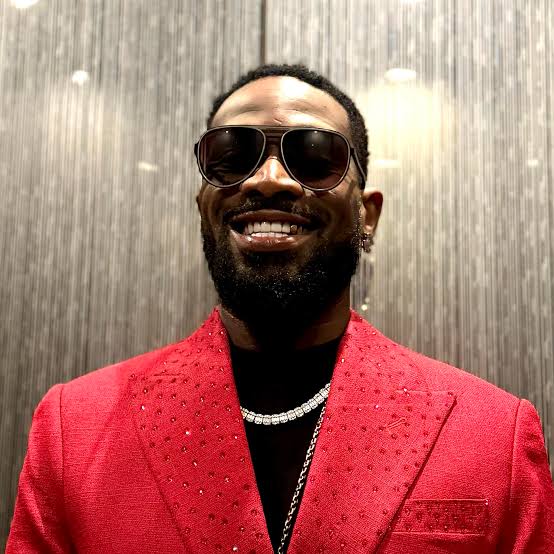
Oladapo Daniel Oyebanjo, famously D’Banj, also found his footing in church, where he learned instruments from his late brother. Those choir and church experiences nurtured his musical discipline before he went on to global stardom with Oliver Twist and other Afrobeats classics.
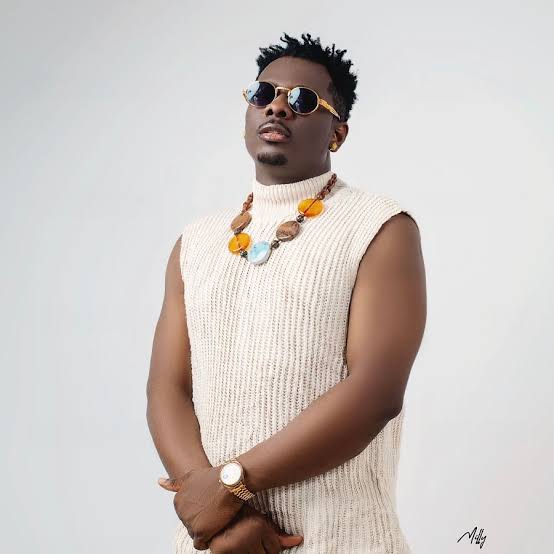
Terry Alexandar Ejeh, known as Terry Apala, started in a Christ Apostolic Church choir. His time there shaped his distinctive ability to blend traditional Yoruba Apala sounds with hip hop and Afrobeats, giving him a unique niche in Nigeria’s music scene.
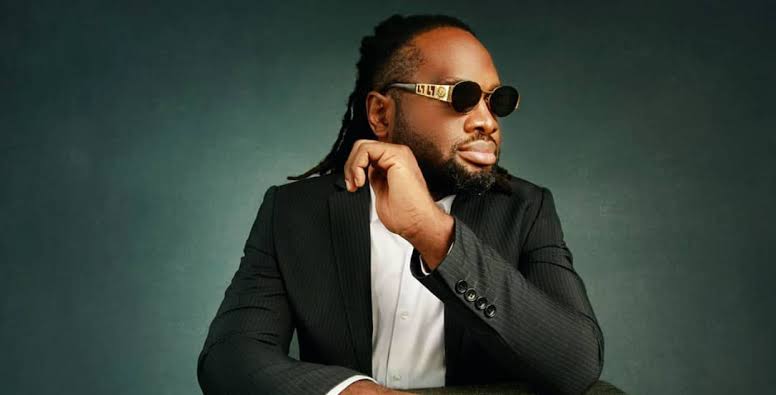
Cobhams Emmanuel Asuquo, now one of Nigeria’s most respected producers and musicians, joined a church choir at just eight years old. He taught himself the piano within church walls, later producing timeless classics for Asa, Timi Dakolo, and Bez while also building his own career as a performing artist.

Oluwatobi Wande Ojosipe, popularly Wande Coal, sang in his teenage church choir before his silky voice caught the attention of Don Jazzy. That transition carried him into Mo’Hits Records, where he delivered Mushin 2 Mo’Hits, still regarded as one of Afrobeats’ finest albums.
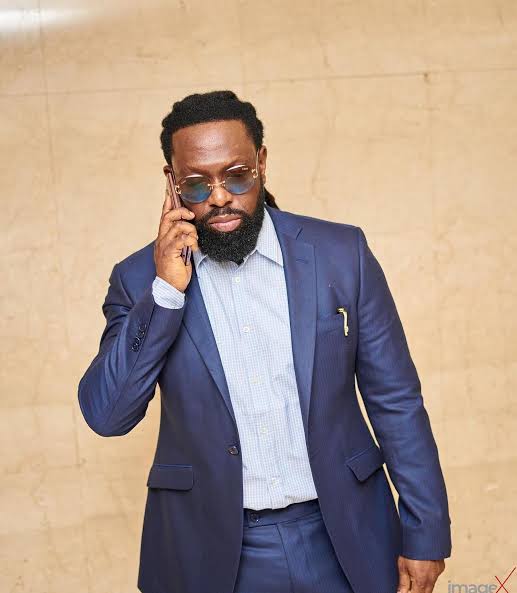
Inetimi Alfred Odon, better known as Timaya, also began singing in church choirs before working as a backup singer in Lagos. Those experiences toughened his stagecraft and prepared him for breakout singles like Dem Mama and Plantain Boy, which cemented his status as the “Egberi Papa 1 of Bayelsa.”
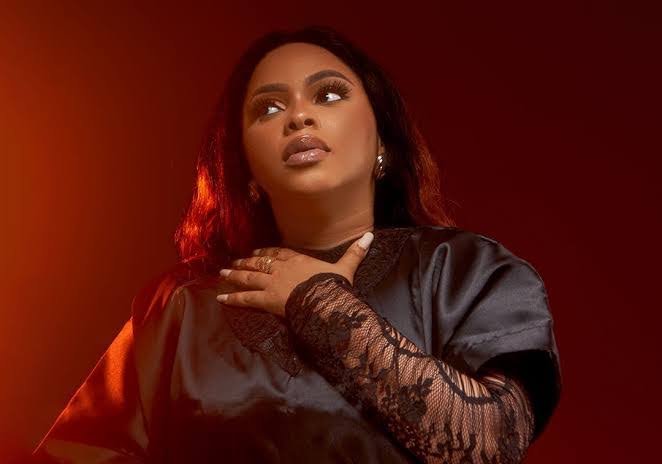
Chidinma Ekile, who Nigerians fondly call Miss Kedike, joined her church choir at the age of 10. That early grooming helped her compete and win Project Fame West Africa in 2009, launching her into mainstream success with hits like Kedike and, more recently, a return to gospel music.
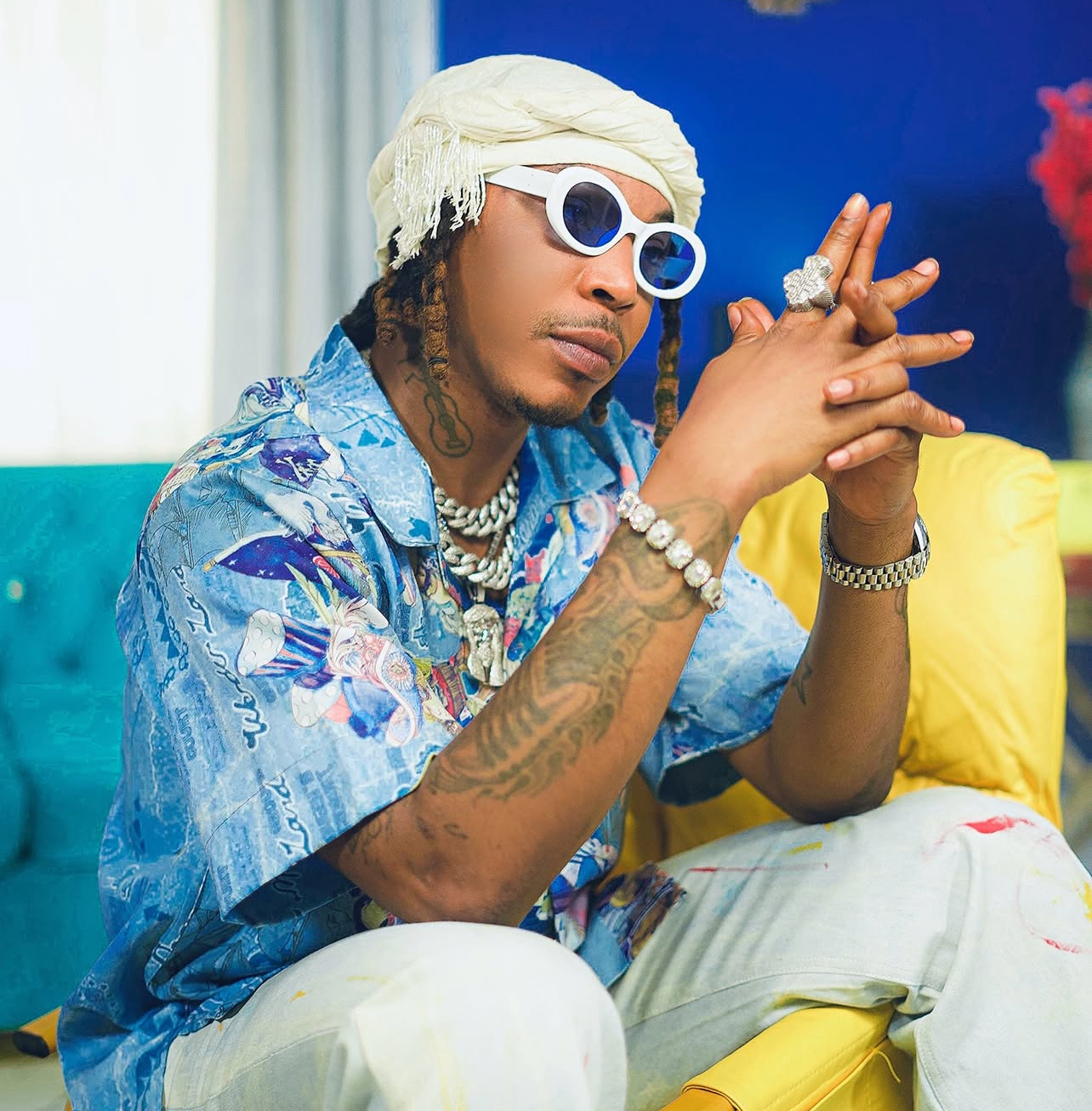
Joshua Iniyezo, known as SolidStar, started out as a church drummer in Delta State. Those rhythmic foundations would later define his career as a singer, with his breakout hit One in a Million and several high-profile collaborations in Afrobeats.
Patterns Across These Stories
• Vocals: Choir membership trained singers like Simi, Ruger, Wande Coal, and Chidinma in harmony and control.
• Instruments: Don Jazzy, SolidStar, and Pheelz first accessed instruments through church.
• Stagecraft: Weekly performances gave artistes like Wizkid and Timaya early exposure to audiences.
• Discipline: Choir practice instilled habits of rehearsal and precision that carried into careers.
Conclusion
The church has quietly functioned as Nigeria’s most consistent music school. It has trained singers, producers, and instrumentalists who now headline festivals, win Grammys, and dominate global charts.
From Lagos to London, Afrobeats is conquering the world but many of its stars first learned to hold a microphone in church pews.
Judging by this, it’s obvious that the church remains Afrobeats’ secret training ground, and its influence is still shaping the future of global music.

